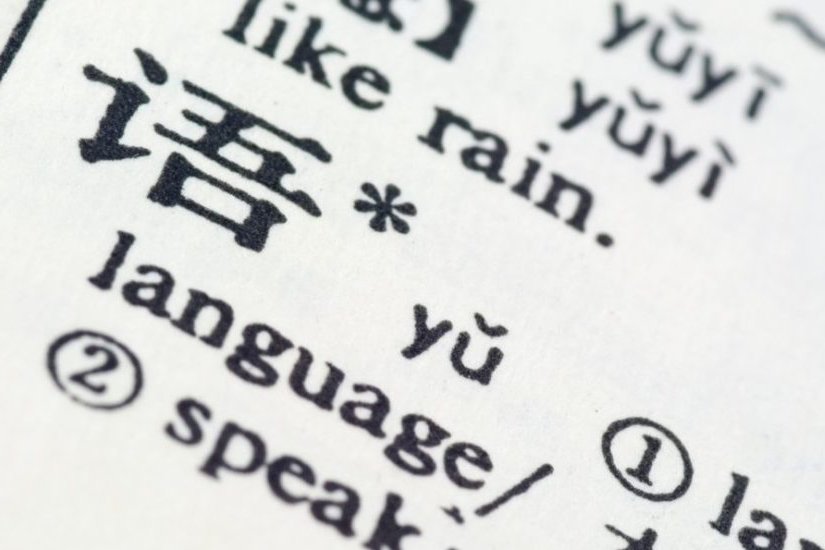I am sure that you have heard about the Chinese language. It is one of the easiest Asian languages to learn for non-native speakers. And it is also one of the most challenging languages to master.
Learning to speak a language is not as easy as it seems. It takes time and effort to memorize words and phrases, learn grammar rules, and master pronunciation. However, some languages are easier than others.
The Chinese language has a relatively simple structure, making it easier for learners to understand the writing system and grammar rules. There are no articles or prepositions in the language, making it more straightforward for learners to use verbs without conjunctions or adverbs. Chinese also has very few irregular verbs, which means that you don’t have to memorize different conjugations of each verb all at once.
Chinese is not a particularly difficult language to learn for native English speakers. They genuinely have a lot in common. For example, both languages’ grammars are pretty simple and easy, with only a few exceptions.
Of course, the characters might feel very different, but once you’ve mastered the fundamentals, the rest is a breeze.
China is a powerhouse that will only grow in the future, so it is worthwhile to learn Chinese. Learning Chinese can provide you with a substantial edge in your career because the country’s economy is showing no signs of slowing down, and its trading links with the West are only likely to become stronger in the coming years.
Keep in mind that you should not get too frightened once you begin studying Chinese. The tonal component may be exceedingly difficult to master – various intonations have different meanings in Chinese for the exact “words” – and you may need to memorize hundreds of characters to read correctly in Chinese.
On the other hand, learning the Chinese language opens up a lot of possibilities for you, both in terms of your work and in terms of personal connections, if you continue.
Chinese – why is it one of the easiest Asian languages to learn?
Even it’s hard to think Chinese is one of the easiest Asian languages to learn. Thanks to contemporary technology and simplified characters, learning Chinese is not as difficult as you would imagine.
Chinese is challenging for beginners since it has a different writing system and a smaller vocabulary than most European languages. But it doesn’t mean it’s tougher; it just means it’s different.
In reality, you need to memorize about 2000 characters for essential fluency. Assume you have a goal of memorizing 20 characters every week. Within two years, you’d have grasped all of the characteristics required for basic fluency.
Of course, studying Chinese necessitates some memory, but you don’t need to memorize nearly as much as you would believe. When you do, you’ll find far more efficient and pleasurable memory strategies than the rote memorizing style you employed in the school.
Because of the large number of characters in Chinese, mastering written Chinese might appear to be an impossibility.
On the other hand, many Chinese characters are ‘constructed’ from roughly 200 more straightforward characters.
Because Chinese has so many characters, there aren’t enough keys on the keyboard to accommodate them all. Instead, Chinese is entered using a romanization technique called pinyin and a regular Qwerty keyboard.
Because of its simplicity, pinyin is now preferred in China above other romanization systems. You’re probably already familiar with this approach as a primary Chinese student.
So, if you wanted to input the word ‘forest’ – (sn ln) – into a computer, you would type the pinyin system’s pronunciation for forest -‘senlin’.
Then, select the relevant characters from a drop-down list of homonyms that appears on your screen.
Translation services provided by Translation AZ – English To Chinese And Chinese To English
You’ve come to the right site if you’re seeking economic translation services from Chinese to English or English to Chinese. Our translation services cost will undoubtedly encourage you to collaborate with us, as we offer one of the most reasonable pricing plans in the business. We keep the information and data given by our client’s privacy, and we tailor our Chinese to English – English to Chinese translation services to each client’s requirements.
The cost of your project is determined by the subject matter’s intricacy, the format of your paper, and the deadline.
Legal, technical, financial, and other specialized translations are frequently more expensive than general translations since they require translators with extensive experience in those sectors.




